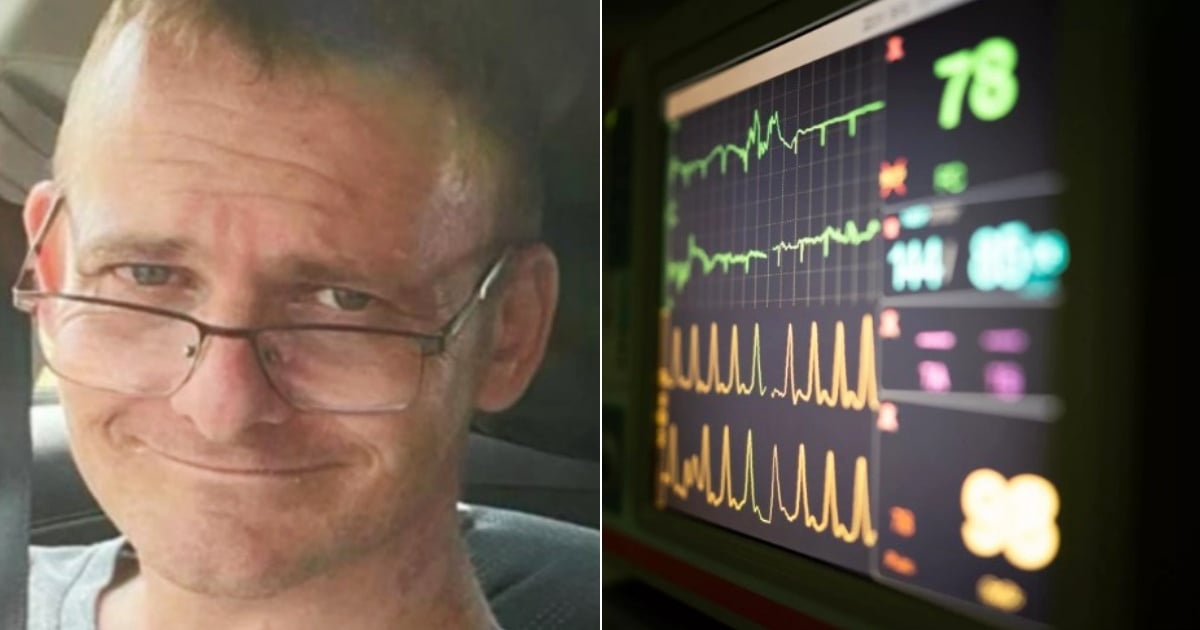
A 36-year-old man declared brain dead in the United States awakened during an organ removal surgery for donation.
The unusual event has now come to light following an ongoing investigation, although the incident dates back to October 2021.
The case has reignited the debate over the protocols for declaring brain death in U.S. hospitals.
Anthony Thomas 'TJ' Hoover II was declared clinically dead at Baptist Health Hospital in Richmond, Kentucky, after suffering a drug overdose that resulted in cardiac arrest.
Doctors informed his family that he lacked brain activity and decided to disconnect him from life support.
The hospital staff informed the family that Hoover had given his consent for organ donation, and preparations began.
However, when the surgeons were preparing to remove his organs for donation, Hoover unexpectedly showed signs of life, which forced the procedure to be suspended.
He started to move and cry, which surprised both his family and the medical team.
Despite the safeguards that the organ procurement system in the U.S. claims to have to prevent these events, Hoover's family has questioned the existing protocols, highlighting the need for reforms.
Baptist Health hospital issued a statement assuring that patient safety is their priority; meanwhile, Kentucky Organ Donor Affiliates (KODA) defended their actions, stating that they follow strict procedures.
However, Hoover's family has decided to make the story public in the hope that their testimony will drive change and prevent future similar cases.
U.S. media report that a possible medical explanation could be related to the substances that caused Hoover's overdose, which may have slowed neurological damage or interfered with tests measuring brain activity.
In cases of severe intoxication, cerebral metabolism may decrease, causing vital signs to appear later than expected. Hypothermia or other factors may also have contributed to a delayed recovery of brain activity, which is extremely rare.
This case has led to the opening of a state and federal investigation to examine whether the current protocols for organ donation in the U.S. are adequate in exceptional circumstances.
Authorities are reviewing every step of the process that led to considering Hoover as a candidate for donation while he still showed vital signs.
Currently, TJ Hoover is still alive and his sister takes care of him during his recovery. Although he continues to have memory, speech, and mobility issues, his condition is improving and he is leading an increasingly normal life.
What do you think?
COMMENTFiled under: